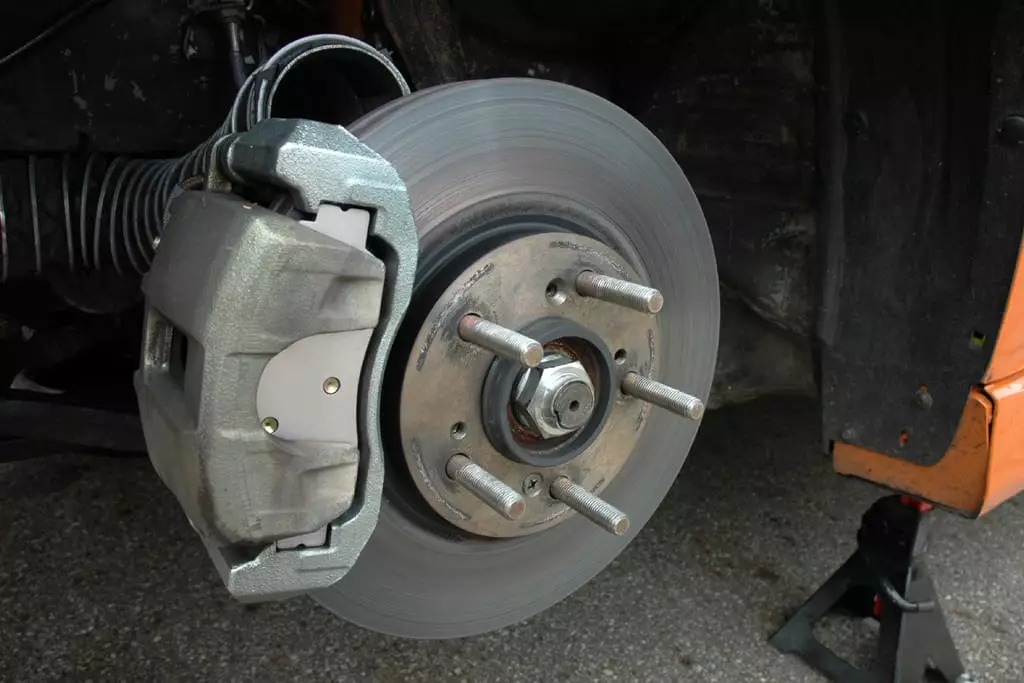No products in the cart.
Blog
Why Do My Brakes Squeak?
Brake squeaking can be a common issue that can occur for various reasons. Here are some of the most common causes of squeaky brakes:

1. Dust and Dirt
- Debris Build-Up: Dust, dirt, or debris can accumulate on the brake pads or rotors, causing squeaking. This is often more pronounced in dry or dusty environments.
2. Moisture
- Humidity and Water: Moisture can cause a thin layer of rust to form on the brake rotors, leading to squeaking until the rust is worn off after a few applications of the brakes. Rain or washing your car can also cause temporary squeaking.
3. Worn Brake Pads
- Indicator of Wear: Many brake pads are designed with a wear indicator that produces a squeaking sound when the pads are worn down and need to be replaced. If the pads are worn beyond a certain point, it can lead to metal-on-metal contact, which is louder and can cause damage to the rotors.
4. Glazed Brake Pads
- Overheating: If the brakes overheat, the surface of the brake pads can become hardened or “glazed.” This can happen due to aggressive driving, frequent heavy braking, or poor-quality pads. Glazed pads can cause a squeaking or squealing noise.
5. Lack of Lubrication
- Components Needing Lubrication: The brake caliper or hardware may need lubrication. Squeaking can result from the lack of grease on the caliper pins or other components that require lubrication to function smoothly.
6. Improper Installation
- Incorrectly Installed Brake Pads: If brake pads are not installed correctly or if the wrong type of pads is used for your vehicle, it can lead to misalignment and squeaking.
7. Low-Quality Brake Pads
- Inferior Materials: Using low-quality or cheap brake pads can lead to more noise. Higher-quality pads are typically designed to operate more quietly and produce less dust.
8. Brake Rotor Issues
- Warped or Damaged Rotors: If the brake rotors are warped or damaged, they may cause uneven contact with the brake pads, leading to noise. This can also result in decreased braking performance.
Conclusion
If your brakes are squeaking, it’s essential to diagnose the issue promptly. While some noise may be harmless and temporary (like squeaking due to moisture), others may indicate more serious problems that could affect your vehicle’s safety. If you are unsure or if the noise persists, it’s best to have your brakes inspected by a professional mechanic to ensure they are functioning properly and safely.
